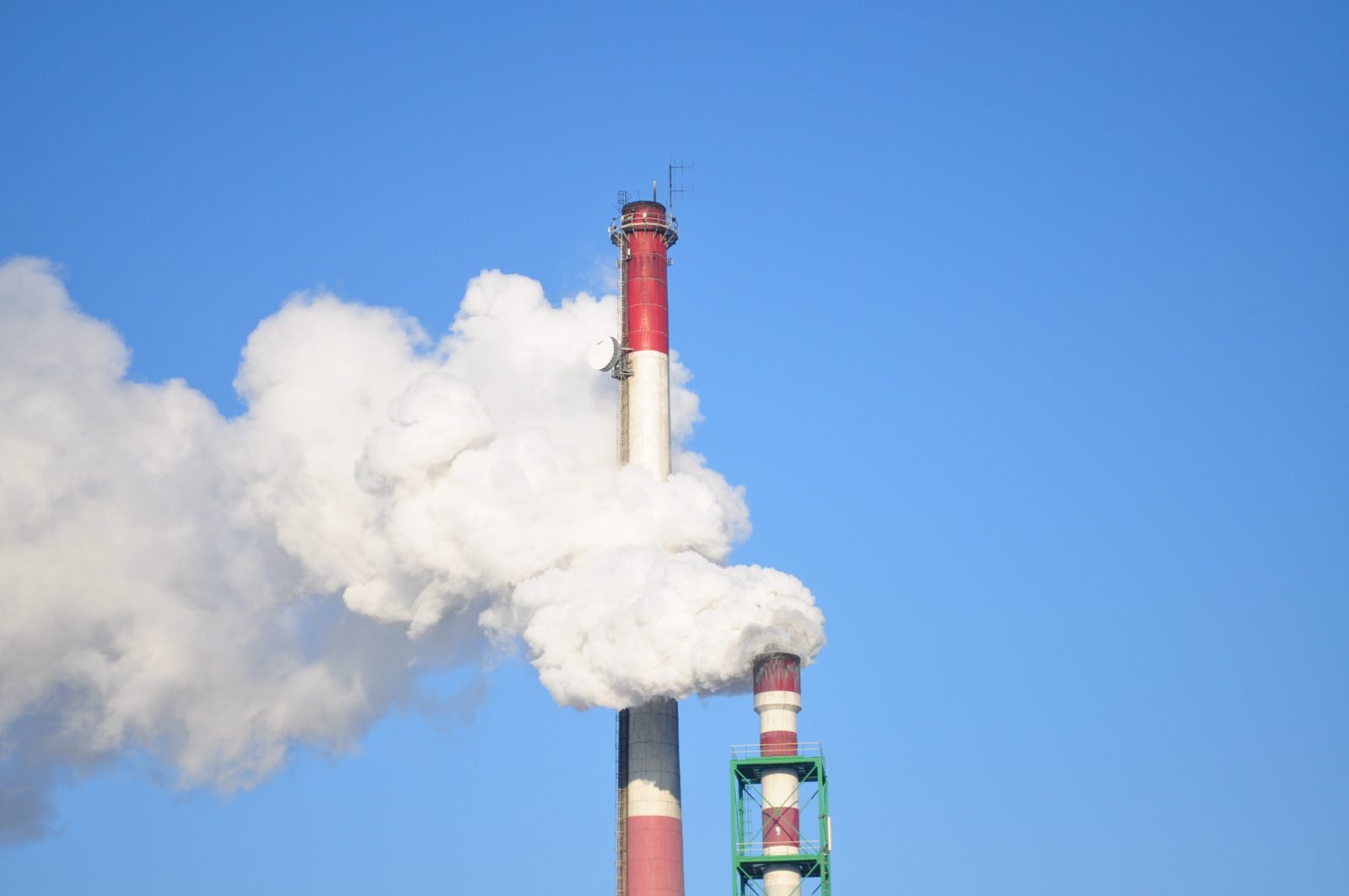The European Union (EU) should aim to reduce net greenhouse gas emissions by 90 percent compared to 1990 levels by 2040, according to a European Commission (EK) recommendation. This target, announced on Tuesday, is a test of political willingness to continue the ambitious fight against climate change in the region ahead of the European Parliament elections.
In other recommendations, the EK also accommodated farmers, softening part of the recommendations concerning agriculture. Farmers in several member countries have recently protested against EU policy on reducing emissions in agriculture. The original EK proposal expected that agriculture would have to reduce non-CO2 emissions by 30 percent compared to 2015 levels by 2040 to achieve the overall climate goal. However, this has now been removed from the final proposal.
The legislative proposal related to emission plans should be drawn up by the next European Commission, which will be established after the European elections later this year in June. The proposal then must gain the approval of member states and the European Parliament. Previous EU climate targets also required unanimous approval by EU state and government leaders at the European Council.
Setting an interim target ensures the achievement of the EU’s main declared goal, namely carbon neutrality by 2050. Currently, the EU also aims to reduce emissions by 55 percent by 2030 compared to 1990.
“Setting a climate target for 2040 will help European industry, investors, citizens, and governments make decisions this decade that will keep the EU on track to achieve the goal of climate neutrality in 2050,” the Commission wrote. It also added that setting this target will “send important signals on how to invest effectively and plan in the longer term.”
With future planning, it is possible to create a “prospering, competitive and fair society, decarbonize the EU industry and energy systems, and ensure that Europe will be the main target of investments with stable jobs ready for the future,” according to the statement by the EU executive.





